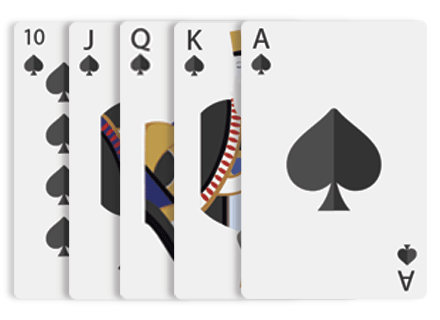Order Of Best Hands In Texas Holdem
The order in which Texas Hold’em is dealt is very specific and, assuming you’re playing with a table full of lucid, honest people, never changes. First, you are dealt two hole cards. Then comes the flop, turn and river cards. The flop After a round of betting for the hole cards, a card is burned. Texas Holdem Hands In Order referred to as “Terms and Conditions”) regulate the usage of the games provided through www.casumo.com, as well as other Texas Holdem Hands In Order URLs licensed to or belonging to Casumo Services Limited (hereinafter Texas Holdem Hands In Order referred to as “Website” or “Websites”).
Most Commonly Asked Poker Questions
Not sure what beats a full house or what a straight can beat? Here are the answers to the most commonly-asked poker questions this side of the Strip.
Does a flush beat a full house?
No. A full house beats a flush in the standard poker hand rankings. The odds against making a full house in a game of Texas Hold’em are about 36-to-1, while the odds against making a flush are 32-to-1. The full house is a more rare hand and beats a flush.
Does a flush beat a straight?
Yes. Using the standard poker hand rankings, a flush beats a straight, regardless of the strength of the straight. The odds against making a straight in Texas Hold’em are about 21-to-1, making it a more common hand than a flush (32-to-1 odds against).
Does a straight beat a full house?
No. The odds against making a full house in Texas Hold’em are about 36-to-1, while the odds against making a straight are about 21-to-1. Both are strong five-card hands, but a full house occurs less often than a straight. A full house beats a straight in the poker hand rankings.
Does three of a kind beat two pair?
Yes. Both three of a kind and two pair can make a lot of money in poker, but three of a kind is the best hand when it goes head to head with two pair. The odds against making three of a kind in Texas Hold’em is about 20-to-1, while the odds against making two pair is about 3-to-1.
Does three of a kind beat a straight?
No. The odds of making both of these hands are very close in a game of Texas Hold’em. The odds against making a straight are 20.6-to-1, while the odds against making three of a kind are 19.7-to-1. The straight comes about slightly less often, making it the winner against three of a kind in the poker hand rankings.
Does a flush beat three of a kind?
Yes. The battle of strong hands between a flush and three of a kind sees the flush as the stronger hand. The odds against making a flush in Texas Hold’em are about 32-to-1, with odds against making three of a kind at around 20-to-1.
Does a straight beat two pair?
Yes. The poker hand rankings dictate that a straight is a stronger hand than two pair. The straight occurs with about 21-to-1 odds against in Texas Hold’em, while the odds against making two pair stand at about 3-to-1.

Does four of a kind beat a full house?
Yes. Both four of a kind and a full house are among the strongest poker hands, but four of a kind is a much rarer holding. Texas Hold’em odds against making four of a kind are 594-to-1, while you have about 36-to-1 odds against making a full house.
Texas Holdem Ranking Hands
Does three of a kind beat a flush?
No. When the flush and three of a kind go head to head, the flush comes out as the best according to the poker hand rankings. The odds against making three of a kind sit around 20-to-1, with the odds against hitting a flush at 32-to-1.
Best Hands In Texas Holdem To Play
Does a full house beat a straight in poker?
Order Of Best Hands In Texas Holdemn Texas Hold Em

Order Of Best Hands In Texas Holdem
Yes. The full house comes in less often than a straight. In Texas Hold’em, the odds against drawing a full house are around 36-to-1, while the odds against making a straight are around 21-to-1.
Does a straight flush beat four of a kind?
Yes. Four of a kind is an exceedingly rare hand in poker, but the straight flush is an even more elusive five-card hand. The odds against making a straight flush in Texas Hold’em is about 3,590-to-1, much rarer than four of a kind (594-to-1 odds against)